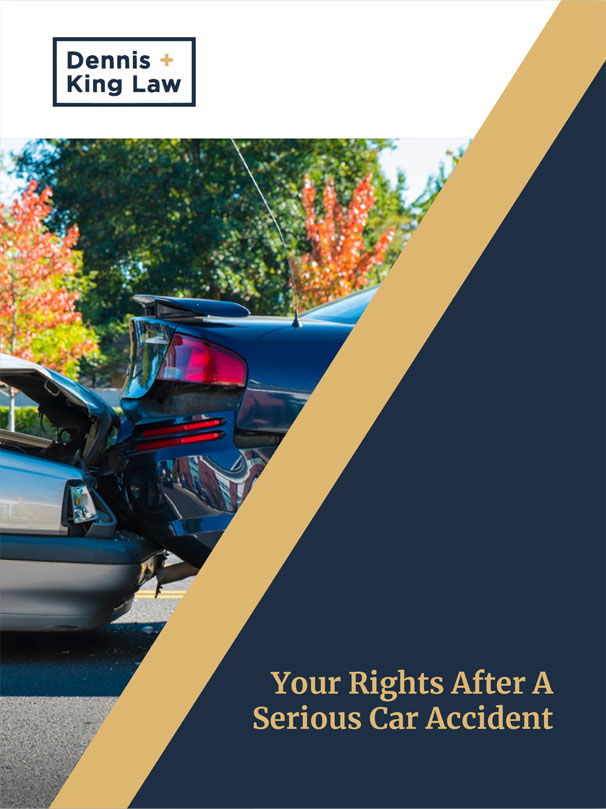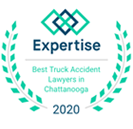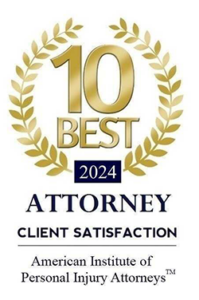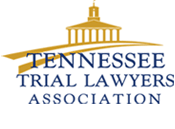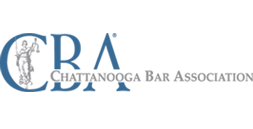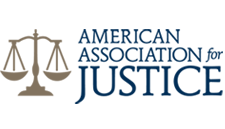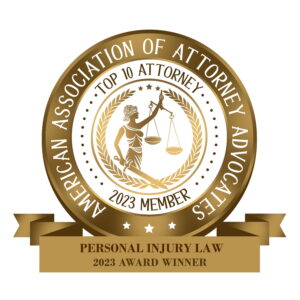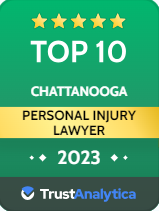The squeal of tires and the deafening crunch of metal on metal: Those are the sounds of a car crash. Next comes frantic wail of police sirens and ambulances. If you have been injured in an auto accident, those may be your first recollections of what happened. Next comes concerns about medical bills, property damage, and loss of wages if your injury keeps you out of work. Who pays when the accident was someone else’s fault? And what happens if you need to take your auto accident case to trial?
As your car wreck lawyers, we first try to negotiate a settlement for the best possible compensation. It’s what you deserve for your losses and the harm that was caused to you. At other times (and because, after all, insurance companies are in the business to make money, not give it up) it may be in your best interest to take the case to court. Trial-tested Chattanooga auto accident attorneys Tricia Dennis and Russell King can advise you about when that’s the right thing for you to do – and make sure you are comfortable with your decision and understand the process
What does it mean to file an auto claim?
First and foremost—with the exception of minor accidents that don’t involve an injury—it’s best to have your attorney file the claim on your behalf. Why? When you talk to the insurance company, the insurance adjuster will have many questions, and it’s all too easy to unwittingly give them information they can use to limit your claim and minimize compensation. Tell us what happened and what your medical treatment involved, and we take it from there. Protecting you and your rights is our job.
Remember: not every accident case goes to trial (in fact, most never do) and negotiations with the insurance company can continue. However, letting the insurance company know that you’re willing to have the case go to trial gives you additional leverage. Let us do the talking to help ensure that whether through negotiations or through the courts, you are better positioned to get full and fair compensation.
Understanding the importance of jury selection
If your car accident goes to trial, one of the first steps will be selecting a jury. Potential jurors are randomly drawn from the voter registration, tax record, or DMV databases in advance of the trial.
Before the trial proceeding begins, both your lawyer (attorney for the plaintiff) and the lawyer representing the defendant (the insurance company) have the chance to “Voir Dire,” or interview, each potential juror in the jury pool. A potential juror may be dismissed “for cause,” when either of the lawyers or the judge feel that they may not be able to be fair for one reason or another.
Attorneys also can make peremptory challenges to dismiss a juror for no reason. This is important as it gives your lawyer the chance to seat a jury that is best for your case. Because each side can only make a limited number of peremptory challenges, it’s important to have an attorney who knows when to challenge a juror who they believe may be more inclined to side with the defense. Of course, the defense lawyer has that same opportunity. Ultimately, we get a “balanced” jury of 12 individuals who will decide the outcome of your case.
The auto accident trial process
Once the jury selection is completed, court is in session. There are three basic stages, or parts, to your car crash trial:
- Opening statements: This is where we present your case to the jury. Moreover, it’s where your experienced Chattanooga trial lawyers Tricia Dennis or Russell King work to get sympathy for the harm you suffered. It takes a combination of legal know-how, psychology, and the ability to present facts in a way that helps put jurors on your side. While there is not the same degree of “burden of proof” in a civil trial as there is in a criminal case, we still offer facts that support the evidence we offer. Opening statements are confined to facts and are not argumentative.
- The case: This is the heart of the trial and is largely based on evidence each side presents to support its case:
- Evidence from the scene of the accident—This may include car skid marks showing an attempt to avert a crash or debris left at a result of the accident.
- Documents—In addition to police or incident reports, medical bills, hospital records, insurance forms, receipts for vehicle damage repair and pay stubs in cases of loss of wages are all important and often make up the bulk of evidence presented.
- Witness testimony—Witness statements can be an important part of your case to be used against the plaintiff when seeking compensation. These are often people who were not involved in the accident but were at the scene and saw what happened
- Closing statement and deliberations: While the opening statement lays out the evidence, the closing statement (or closing argument) is your attorney’s chance to talk about what was presented and to get the jury to draw a favorable conclusion. At that point, the jury is led into a separate room to discuss and deliberate upon each lawyer’s argument and the evidence presented. Deliberations are confidential and out of sight and earshot of lawyers, defendants, plaintiffs, the judge and anybody else who may be in the courtroom. Once the jury has finished their deliberations, they reach a verdict. The verdict is handed to the judge, who reads it to the parties. It is then entered into the official court record.
How a professional auto accident attorney can benefit you
Even if you decide that you would rather settle with the insurance company than take your case to court, it is likely in your best interest to find out how the experienced Chattanooga auto accident lawyers at Dennis and King can help. Before you give too much information to the insurance adjuster, talk to us. We offer a free consultation in which we can discuss a strategy that will get you the highest possible compensation: money that will cover your medical expenses, property damage, lost wages and possibly even more. To schedule a time to discuss your case and your needs, contact us online or call us at (423) 529-4172.
 500+ five star reviews
500+ five star reviews